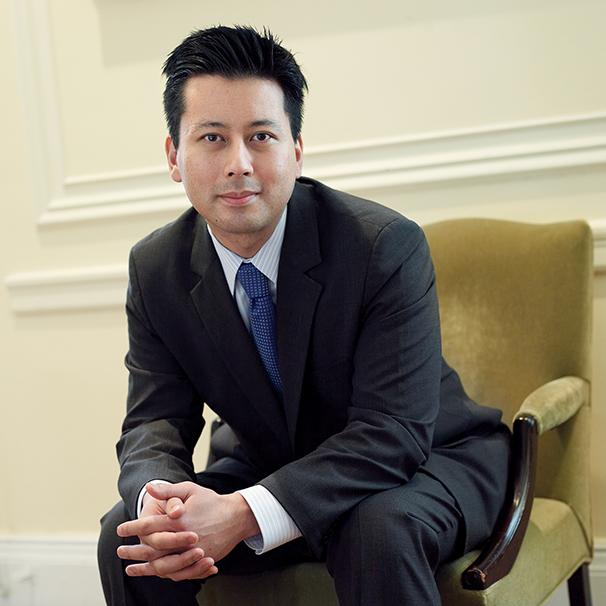
NYU School of Law professor Kenji Yoshino and Heritage Foundation Fellow Ryan Anderson debated the legal implications of United States v. Windsor and Hollingsworth v. Perry on April 15.
The NYU chapter of the Federalist Society, the American Constitution Society and the Law and Religion Society organized the event. Based on existing precedents, Yoshino made the argument that same-sex marriage is constitutional while Anderson argued the opposite.
Even before the debate began, controversy concerning Anderson’s participation surrounded the event. In an open letter, NYU’s LGBTQ law student organization OUTLaw voiced its concern that the debate would give Anderson a platform to express views that were intolerant and also non-legal in nature. OUTLaw also cited Anderson’s lack of legal training and questioned his legitimacy.
Yoshino addressed the controversy by reiterating that the purpose of the debate was to discuss the legal implications of gay marriage. He asked the audience to be respectful of both sides of the issue.
The debate was organized into opening arguments, rebuttals and a question-and-answer session.
Yoshino analyzed Windsor in his opening argument and said the two rights at issue were the due process right to marry and the Equal Protection Clause. Yoshino scrutinized the different arguments against same-sex marriage and explained why gay marriage is not unconstitutional.
“We are not asking, the plaintiffs [of the Windsor case] and I as an advocate for same-sex marriage, for a separate right for same-sex marriage but rather access to that [same] right,” Yoshino said.
Yoshino addressed typical court justifications against same-sex marriage, including optimal child rearing, religious liberties and tradition.
Anderson said people on both sides of the policy and the constitutional debates agree that the Windsor case does not provide sufficient backing for Yoshino’s rationales. Anderson said before the debate continues, marriage needs to have a clear definition.
“No matter what your definition of marriage is, certain groupings will always be left out,” Anderson said, citing polyamorous groups as an example.
Anderson said ancient cultures such as the Romans and Greeks accepted homosexuality but did not incorporate it into their legal definition of marriage.
In his rebuttal, Yoshino said he does not advocate for the definition of marriage to stop with same-sex marriage. Yoshino said the Supreme Court needs to set existing paradigms on the definition of marriage and said Anderson’s arguments were not definitively based on legal precedents.
In his rebuttal, Anderson said marriages should not be legally or economically privileged above other unions.
First-year law student Carter Nelson said the argument was flawed because both pundits approached the same subject from different backgrounds.
“I think that was frustrating for both of them,” Nelson said.
Yoshino said he hoped the students who attended found it helpful to listen to the legal cases on both sides in a structure where the issues could be explored deeply.
“Oftentimes, I have these debates on television or radio, where the format is too brief to vet the issues,” Yoshino said.
A version of this article appeared in the Wednesday, April 16 print edition. Jamie Kiliany is a contributing writer. E-mail her at [email protected]





















































































































































